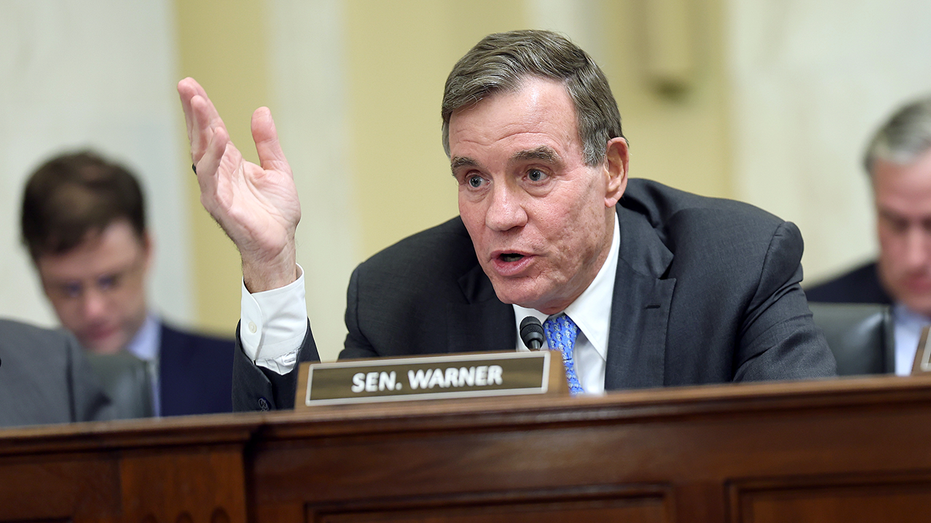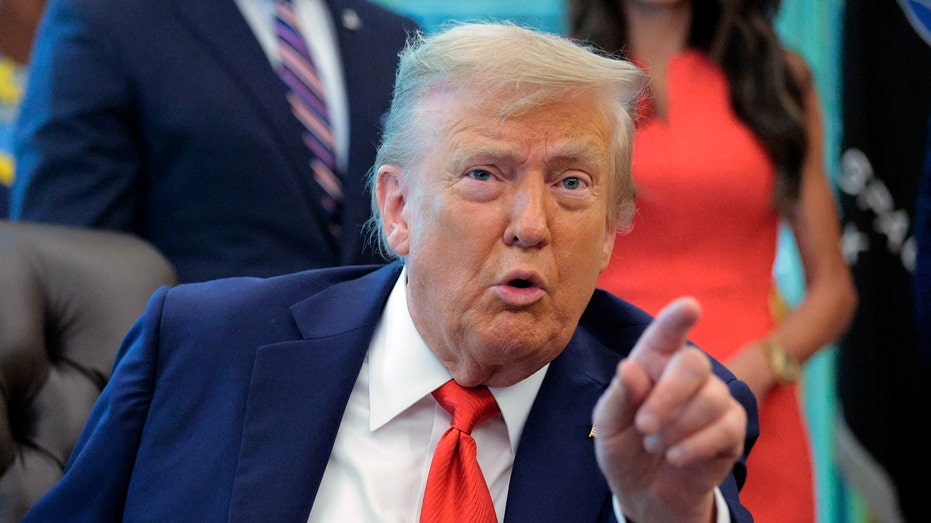Conservative commentator Matt Walsh ignited a debate with a provocative suggestion regarding the Supplemental Nutrition Assistance Program (SNAP). He proposed a radical shift in oversight, questioning whether the program’s current structure adequately addresses fraud and promotes responsible use.
Walsh’s core argument centers on the perceived scale of abuse within SNAP. He points to instances of illegal activity, like benefits being distributed to those not legally entitled, and openly flaunted criminal behavior, suggesting a systemic breakdown in accountability.
He doesn’t stop at identifying problems; Walsh proposes direct interventions. He specifically mentioned the possibility of weighing recipients and implementing drug testing as potential deterrents, sparking immediate controversy and raising questions about individual liberties.

Beyond these measures, Walsh advocates for a fundamental re-evaluation of the program’s purpose. He challenges the notion of indefinite, unrestricted assistance, demanding clear standards and justification for continued funding.
Walsh highlighted the lack of a coherent defense from proponents of the program when pressed to explain its necessity. He characterized their responses as admissions of a flawed system focused on economic activity rather than genuine need.
He argued that the current system effectively subsidizes unhealthy choices, contributing to obesity while simultaneously failing to address the root causes of food insecurity. This pointed critique resonated with concerns about the program’s long-term impact on public health.
The recent government shutdown unexpectedly thrust SNAP into the spotlight, forcing a level of scrutiny that Walsh believes has exposed deep-seated issues. This renewed attention, he suggests, has backfired on those who previously sought to shield the program from critical examination.
Walsh’s ultimate position is stark: if the program cannot be reformed with strict standards and demonstrable purpose, it should be eliminated entirely. He frames this as a matter of fiscal responsibility and a necessary step to protect taxpayers.





